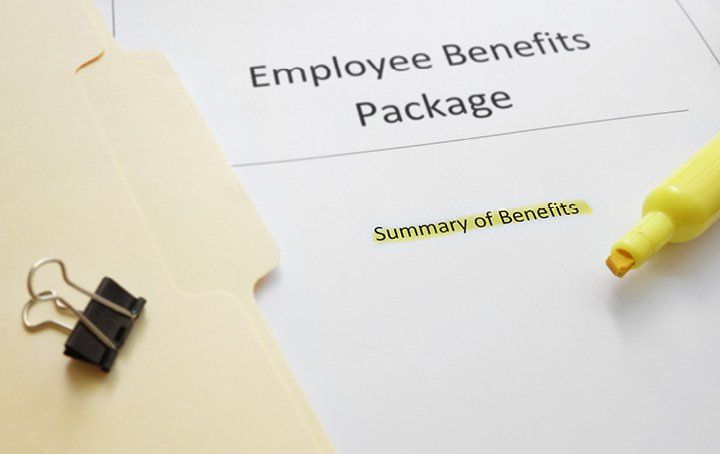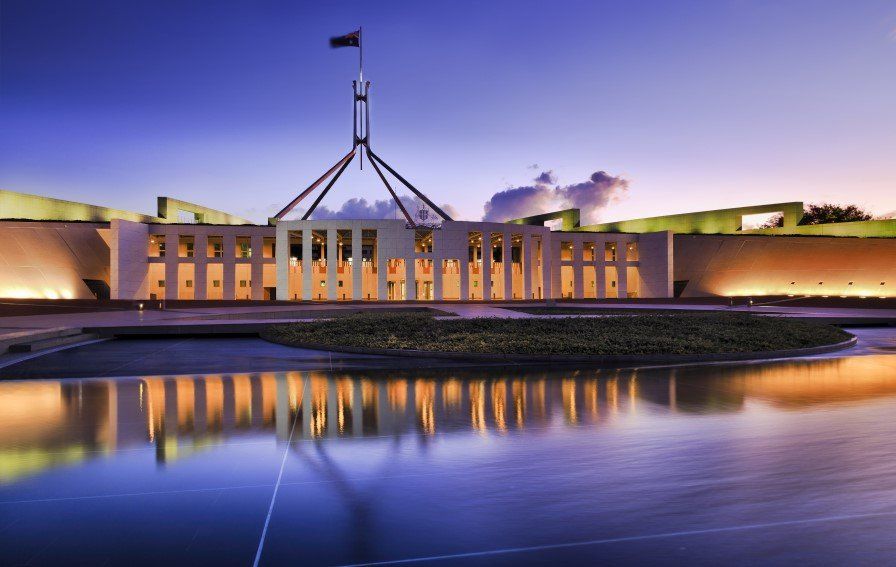This year's Productivity Commission inquiry into superannuation highlighted concerns that many Australians' super benefits are being eroded by fees and inappropriate insurance premiums.
The government has now passed laws to force superannuation funds to take action – in some cases by cancelling insurance policies or paying benefits over to the ATO for consolidation. While the reforms will undoubtedly benefit many Australians, some members who wish to prevent unwanted action on their account may need to take action.
The new laws broadly take effect from 1 July 2019 and apply to "MySuper" and choice products (eg retail and industry fund accounts), but don't apply to SMSF trustees or small APRA funds.
Fees reform
The new laws ban superannuation funds from charging exit fees when a member wants to leave the fund, making it easier for members to close and consolidate their super accounts.
For member account balances below $6,000, funds are also prohibited from charging annual administration and investment fees totalling more than 3% of the member's account balance.
Insurance changes
Currently, many funds offer insurance on a default "opt-out" basis. While insurance is beneficial to many Australians (eg for death, permanent disablement or income protection), the government is concerned that some members are signed up for inappropriate or multiple insurance policies (eg from having accounts across multiple superannuation funds) and their super is being eroded by the premiums deducted from their accounts. Members are sometimes not fully aware of the costs and benefits involved.
Under the new laws, funds may not provide insurance for members of accounts that have been "inactive" (ie have not received any contributions or rollovers) for at least 16 months, unless specifically directed by the member. This means many existing insurance policies will be cancelled from 1 July 2019.
Funds were supposed to contact potentially affected members by 1 May 2019, but all members should check for themselves by asking:
- Do I have an "inactive" account? This commonly includes workers with one or more old accounts from a previous job, parents taking time out of the workforce to care for children and even SMSF members who also keep an old public offer account open just for the insurance coverage.
- What insurance am I signed up to? How much am I paying annually in premiums, and what is the insured amount? Do I hold multiple policies for the same insurance?
- Do I want to keep the insurance cover? Your needs are unique and depend on your own financial and personal circumstances. If in doubt, seek professional advice.
If you wish to keep the insurance policy, you must make an election in writing. Contact your fund if you're unsure how to do this. You can make an election before 1 July.
Consolidating inactive low-balance accounts
Inactive accounts with balances below $6,000 will be paid over to the ATO, who will then take action to consolidate the person's super into a single account (or pay the benefits to the member directly if they are old enough to qualify or, if the member has died, to their beneficiaries or estate).
Even if your low-balance account has not received any contributions or rollovers for 16 months, the account will not be deemed "inactive" if you have taken actions such as changing investment options, changing insurance coverage or making or amending a binding nomination. You can also elect in writing to the ATO not to be treated as an inactive account member.
Get your super in order
Now is a great time for superannuation members to take stock of their accounts and insurance arrangements. Contact us if you need assistance with any of the upcoming changes.
















